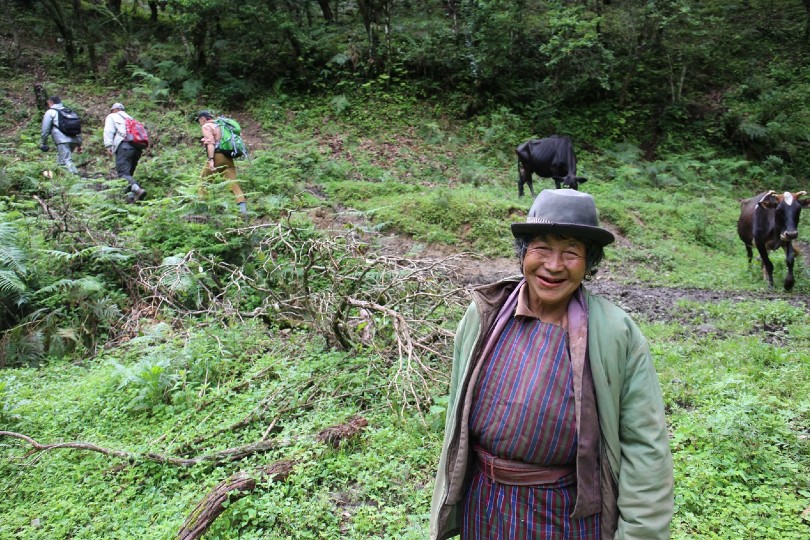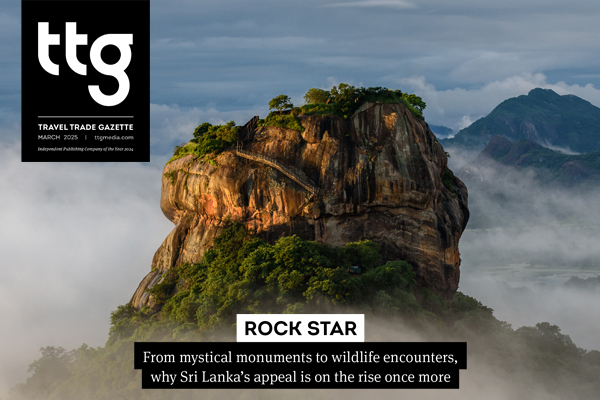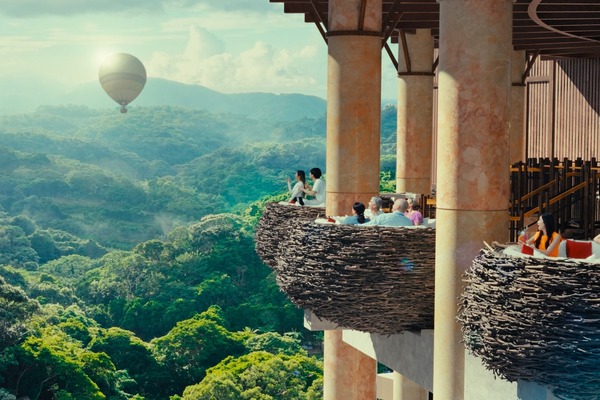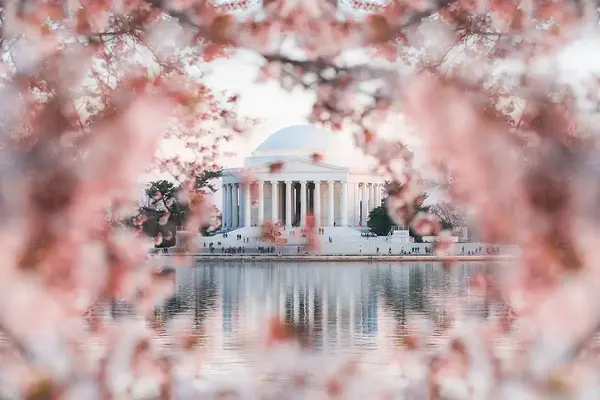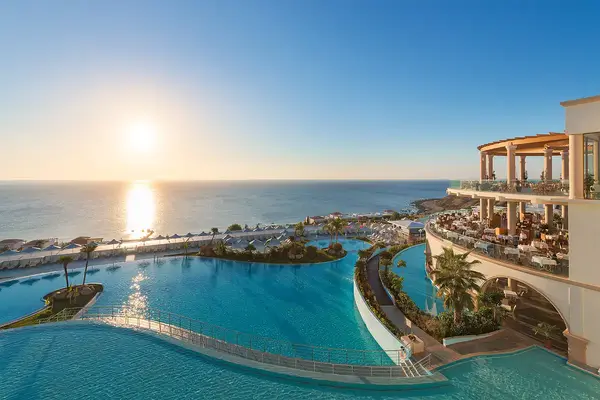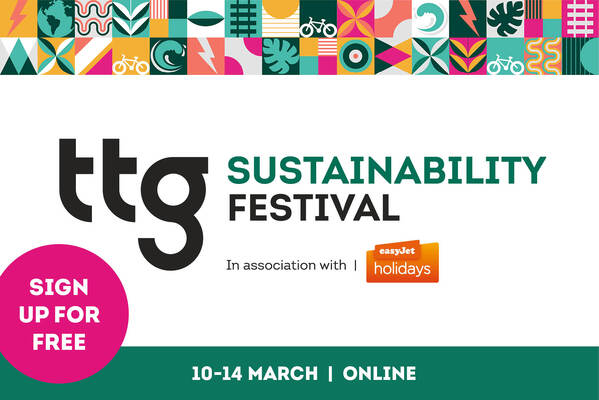Trans Bhutan Trail to reopen after more than 50 years
 James Chapple
James ChappleThe newly-restored 250-mile Trans Bhutan Trail will reopen for the first time in more than 50 years later this year, with hopes it will lead the country into a new era of sustainable tourism.
The more than 500-year-old trail will be launched during a ceremony hosted by His Majesty The Fifth King in the days following the full reopening of Bhutan’s borders to international travellers on 23 September.
It traces Bhutan’s history, traversing 400 historic and cultural sights. It originally served as a pilgrimage route for Buddhists in the east seeking to travel to sacred sites in western Bhutan and Tibet.
Over the past three years, 18 major bridges, 10,000 steps and 250 miles of trail have been built or restored thanks to a public-private partnership involving the Royal Government of Bhutan, the Tourism Council of Bhutan and the Bhutan Canada Foundation (BCF).
It is now hoped the trail can be a beacon for the nation’s sustainability ambitions, creating new opportunities for cultural exchange and trade, while also supporting smaller communities and local enterprises such as homestays, campsites and restaurants.
BCF founder Sam Blyth, who spearheaded the not-for-profit sustainable tourism enterprise behind the trail, said the effort supported the four pillars of Bhutan’s Gross National Happiness philosophy.
"[We] would like to now invite conscientious and responsible adventurers from around the world to walk a section of this, one of the world’s greatest walks, in the knowledge that proceeds from their journey will not only impact communities along the route, but will also help ensure a sustainable future for the trail," he said.
“The aim is to preserve the trail, not only out of respect for Bhutan’s ancestors, but also as a connection between communities. For us, the TBT project is much more than just a new hiking trail – it is our gift to the future generations of Bhutan.”
The trail will be operated in line with the Tourism Council of Bhutan’s aim to promote sustainable high-value, low impact tourism. Visitors will be encouraged to stay for longer and to journey deeper into the country’s east which has historically enjoyed less visitation. In 2019, less than a third of international visitors to Bhutan stayed for more than six nights, while less than 1% stayed for more than 15 nights.
TBT said it was committed to ensuring the trail has only a positive impact on Bhutan’s natural environment and eco-systems through a trail code all guests must adhere to.
Other sustainability initiatives include using recycled plastics to create trail markers and responsibly-sourced and sustainably grown timber for bridges; planting a tree for each international visitor; a no zero-use plastics policy on the trail; an insistence on reusable water bottles; and delegated stewardship of the trail to local Gewogs (counties).
Partnerships with local schools, scout groups and Bhutan’s national youth service will deliver teaching in flora and fauna, low-impact trekking, survival skills, first aid and cultural history.
Guided walking and biking tours can be arranged via TBT on a not-for-profit basis, with proceeds flowing back into a sustainability fund to ensure the trail is maintained for generations to come.
A range of itineraries include a seven-night trip designed for families and children leading in from £13,000 for a family of four, an 11-night women’s adventure tour led by four female Bhutanese guides exploring the country’s matriarchal society (from £6,690pp), a 14-night mountain biking tour from £7,865pp (based on two sharing) and a 35-night end-to-end trek from £16,785pp (based on two sharing).
All itineraries are exclusive of flights, and feature full-board, transfers, visas, excursions, activities, accommodation mixing homestays and hotels, entry fees, a TBT passport, local trekking guide, among other inclusions.
Sign up for weekday travel news and analysis straight to your inbox
Supplier Directory
Find contacts for 260+ travel suppliers. Type name, company or destination.
